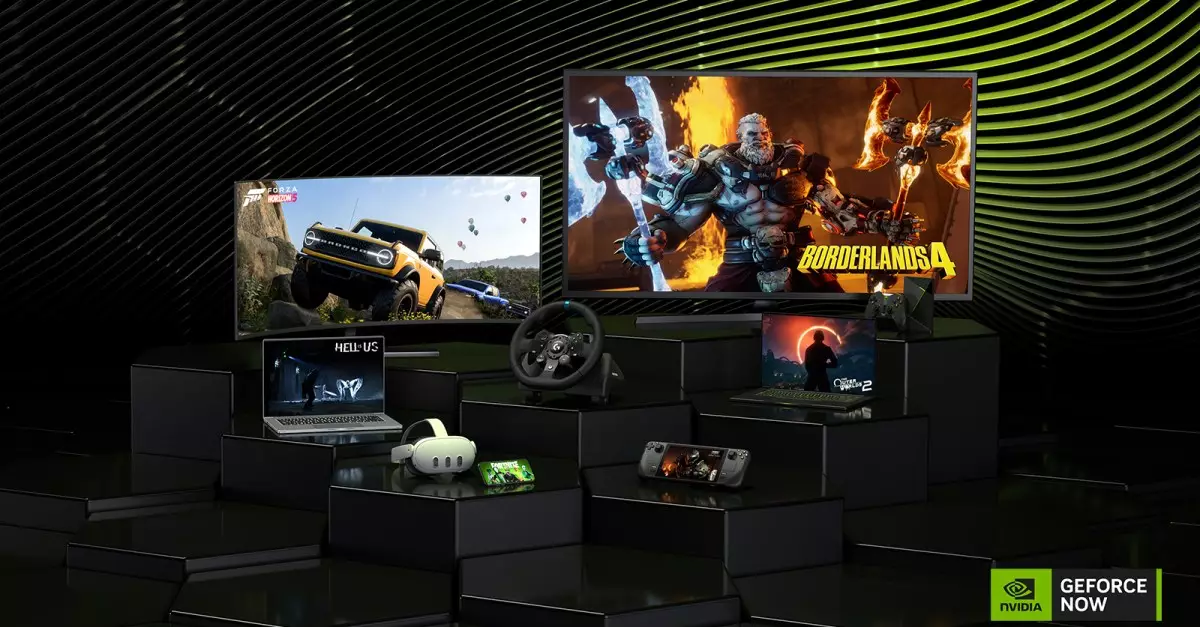The gaming world is on the cusp of a paradigm shift, driven by innovative technologies that challenge long-standing norms. Traditionally, gamers had to rely on demos, reviews, or hefty downloads to decide whether a game was worth their time and money. This process often involved friction, delays, and uncertainty. However, recent collaborations between giants like Nvidia, Discord, and Epic Games aim to eliminate these barriers, offering an immersive and effortless way to try titles instantly. This move signals a profound change in how consumers interact with new releases, emphasizing immediacy and convenience. It reflects a growing recognition that the future of gaming is about lowering entry thresholds, making discovery seamless, and fostering trust through direct experience.
The Promise of Instant Demos: Convenience Meets Innovation
The new trial system, showcased at recent industry events like Gamescom, demonstrates a bold stride toward integrating cloud-based demo access directly within social platforms like Discord. Imagine a scenario where a player, casually browsing through friends’ game activities, can click a simple “try” button, connect to their account, and immediately jump into a game such as Fortnite—no downloads, no waiting, no fuss. It’s a user-centric approach that capitalizes on the power of streaming technology to provide instant gratification. While the current implementations are limited—such as a 30-minute free trial—these serve as proof of concept for what could become a standard feature. The convenience of trying before buying, enhanced by streaming, addresses a fundamental consumer desire: the certainty that a game will meet expectations before committing significant time or money.
Challenges and Skepticism: Will Industry Leaders Embrace the Change?
Despite the excitement, skepticism persists. Past initiatives, like Sony’s failed attempts with Gaikai on PlayStation 4, serve as cautionary tales that technology alone cannot guarantee adoption. Many publishers remain hesitant about offering free demos due to concerns over potential revenue loss or misuse. There is also the question of platform exclusivity and whether these instant demos will be accessible outside experimental phases. Moreover, the requirement of accounts—such as Epic’s—may introduce friction, somewhat undercutting the seamlessness that these innovations promise. The collaboration is still at an experimental stage, and successful widespread implementation depends heavily on developer and publisher buy-in. Only if publishers see a tangible benefit—like increased sales or player engagement—will this technology truly revolutionize the marketplace.
Looking Ahead: A New Era for Gaming Consumers
If these developments gain traction, the impact on consumers could be revolutionary. The notion of entering a game effortlessly aligns perfectly with the rapid consumption habits of modern players. It also compels publishers to rethink their marketing strategies, prioritizing interactive, trial-based engagement over static advertising. For gamers, it translates into more confident purchases, less remorse, and richer discovery experiences. From a broader perspective, this shift could drive a more competitive, inclusive gaming environment where trials are seamlessly integrated into social spaces, making game exploration as natural as scrolling through a feed. As technology matures, the once ambitious dream of instant try-before-you-buy experiences may become an essential feature, fundamentally changing our relationship with digital entertainment.

